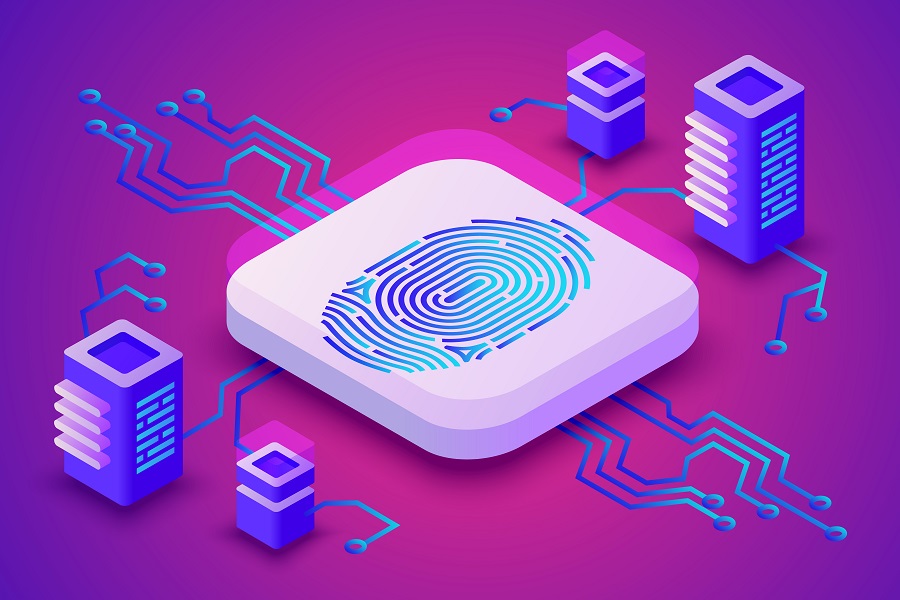What to Expect in an Era of Escalating Cyber Threats

A wave of high-profile security breaches has reignited global concerns about digital infrastructure resilience. As attacks grow in scale and sophistication, experts warn that without immediate reforms, both private industry and national security interests remain at considerable risk.
ISP Cybersecurity Gaps Open the Door for Threat Actors

Internet Service Providers (ISPs), the digital custodians of connectivity, are facing intensifying cyber threats as gaps in their cybersecurity frameworks continue to expose critical infrastructure. Experts warn that these vulnerabilities not only endanger private user data but also compromise national security.
FCC Forms Council on National Security to Counter Foreign Cyber Threats

In response to escalating cyber threats from foreign adversaries, especially China, the Federal Communications Commission (FCC) has established the Council on National Security. This initiative aims to strengthen the United States’ telecommunications network to counter cyberattacks and espionage, ensuring the country remains a global leader in critical technologies such as artificial intelligence and 5G.
House Panel Advances Bipartisan Bills to Strengthen NTIA’s Cybersecurity Role

To bolster the nation’s cybersecurity framework, the House Energy and Commerce Committee has unanimously approved two bipartisan bills to expand the National Telecommunications and Information Administration’s (NTIA) role in protecting U.S. communications networks.
House Commerce Committee Advances 10 Bipartisan Bills on Telecom, Cybersecurity, and Infrastructure

The House Committee on Energy and Commerce unanimously advanced ten bipartisan bills focusing on telecommunications, cybersecurity, and infrastructure. Key measures include enhancing satellite connectivity for precision agriculture, strengthening federal spectrum policy research, establishing a cybersecurity office within the NTIA, and promoting U.S. leadership in global wireless technology standards. These bills now await consideration by the full House of Representatives.
Complex IT Systems Hinder Cyber Resilience, Study Finds

A recent study highlights that 43% of IT and security leaders view complex IT systems as the greatest obstacle to effective cyber resilience, exceeding the challenges posed by outdated legacy systems.
Urgent Call for Comprehensive IT Infrastructure Inspections to Combat Cyber-Attacks

As cyber-attacks become increasingly sophisticated, organizations are urged to perform comprehensive evaluations of their IT systems. This proactive approach is essential to uncover potential weaknesses and implement robust security measures, thereby safeguarding critical data and maintaining operational integrity.
AI and IoT Drive 82% Increase in DDoS Attacks in 2024, Reports Zayo

A recent report by Zayo Group reveals an 82% surge in Distributed Denial of Service (DDoS) attacks between 2023 and 2024, largely due to the rise of artificial intelligence (AI) and the proliferation of Internet of Things (IoT) devices. These attacks have become more frequent and sophisticated, costing businesses nearly $234,000 per incident.
Chinese Hackers Exploit Unpatched Cisco Routers to Breach U.S. Telecom Networks

Despite high-profile attention and even U.S. sanctions, the group hasn’t stopped or even slowed its operation, including the breach of two more U.S. telecoms.
The Critical Mission to Secure U.S. Tech Infrastructure

As cyber threats evolve and geopolitical tensions rise, securing the United States’ technological infrastructure has become a national imperative. From quantum-resistant encryption to AI-driven defenses, the race is on to protect the nation’s digital assets and critical systems from increasingly sophisticated attacks.
